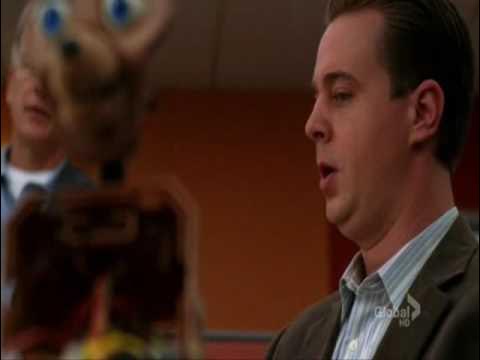
The sterile hum of the precinct's interrogation room was a familiar soundtrack to Detective Miles McGee. It was a sound that usually lulled him into a state of focused intensity, a mental drone against which the details of a case would sharpen. But today, the hum felt less like an accompaniment and more like a taunt, especially when faced with Beary Smyles.
Beary Smyles. The name itself was a cruel jest, a confection of innocence wrapped around a core of impenetrable evasion. Smyles was a man who, despite overwhelming circumstantial evidence tying him to a multi-state embezzlement scheme, sat across from McGee with a placid, almost benevolent smile – a smile that never quite reached his eyes, which remained polished and opaque like river stones. He offered courteous non-answers, chuckled softly at probing questions, and maintained an aura of unshakeable, almost unsettling, pleasantry. Traditional tactics – the cold logic, the sudden shout, the gentle coaxing – had all dissolved against Beary's porcelain mask.
This was the line of duty, stark and unyielding. McGee had a file thick with facts, a whiteboard covered in flowcharts, and a mandate to break through Smyles's carefully constructed façade. But the usual tools felt blunt, useless against such a unique defense. It was then, in the suffocating stillness of Smyles’s relentless geniality, that McGee realized he had to step outside the line, or at least blur it. He had to get personal.
The decision wasn't born of desperation, but of a quiet, almost intuitive understanding. Beary Smyles wasn't resisting due to cleverness alone; he was resisting with a profound, almost artistic, detachment. To pierce that, McGee had to find a point of human connection, a shared vulnerability, however small or manufactured. He needed to find the man behind the "Smyle."
He started small, observing Smyles during a water break. Beary always requested the same brand, always held the cup with two hands, his gaze drifting to the lone potted plant in the corner of the room. McGee filed it away. Later, during a lull, McGee leaned back, not in an aggressive posture, but a thoughtful one. "You know," he began, his voice a low, almost conversational tone, "I used to have one of those plants. Ficus. Never could keep it alive. Always overwatered it, I think."
Beary’s smile wavered, a barely perceptible flicker. His eyes, for a split second, lost their opaque sheen. It wasn't about the plant; it was about the unexpected pivot, the shared, mundane failure. McGee had offered a tiny, inconsequential piece of himself, and Smyles, perhaps out of habit or surprise, felt compelled to reciprocate, however minutely. "They are rather particular," Smyles murmured, his voice softer than before.
It was a chink, a hairline fracture in the façade. McGee pressed on, not with accusations, but with observations gleaned from Smyles's meticulously sanitized life. He mentioned a faded photograph in Smyles's wallet, glimpsed during booking – a younger Smyles, standing beside an old, dilapidated lighthouse. "That lighthouse," McGee mused, staring at the wall rather than Smyles, "reminds me of a summer I spent up north. There's a particular kind of quiet near those old structures, isn't there? A loneliness, almost."
This was the "personal" in its most dangerous, surgical form. McGee wasn't confessing deep secrets, but he was creating an illusion of shared experience, tapping into universal human sentiments: the quiet of solitude, the echoes of the past, the faint pang of nostalgia. He wasn't interrogating the suspect; he was speaking to the person, the one who might, just might, feel the weight of his own isolation. He watched Smyles’s composure, once so rigid, soften around the edges. The unblinking gaze now seemed to possess a fleeting depth, a hint of something remembered.
The true breakthrough didn't come in a torrent of confessions. It came in a sigh. A deep, shuddering exhalation that seemed to release years of tension. Beary Smyles, the master of the unassailable grin, finally looked weary. He didn't confess everything, not in that moment, but he revealed the mechanism of his deception, the why behind the what. He spoke not of spreadsheets and illicit transfers, but of a crushing sense of inadequacy, of proving a point to a long-dead father, of the constant performance demanded by his own fragile ego. It was a narrative laced with self-pity, yes, but also with a raw, undeniable human pain that McGee had painstakingly, almost cruelly, unearthed.
The case subsequently built upon that revelation was solid. But for McGee, the experience left a ghostly echo. He had succeeded in his line of duty, yet he had done so by stepping into a realm of simulated intimacy, by exploiting the very human need for connection. He had seen the man behind Beary Smyles, and in doing so, had glimpsed a part of himself – the part that understood the intricate, often sorrowful, architecture of human motivation. The sterile hum of the interrogation room now carried a new resonance, a reminder that sometimes, the sharpest weapon in the line of duty is not logic or force, but the delicate, dangerous art of getting personal.